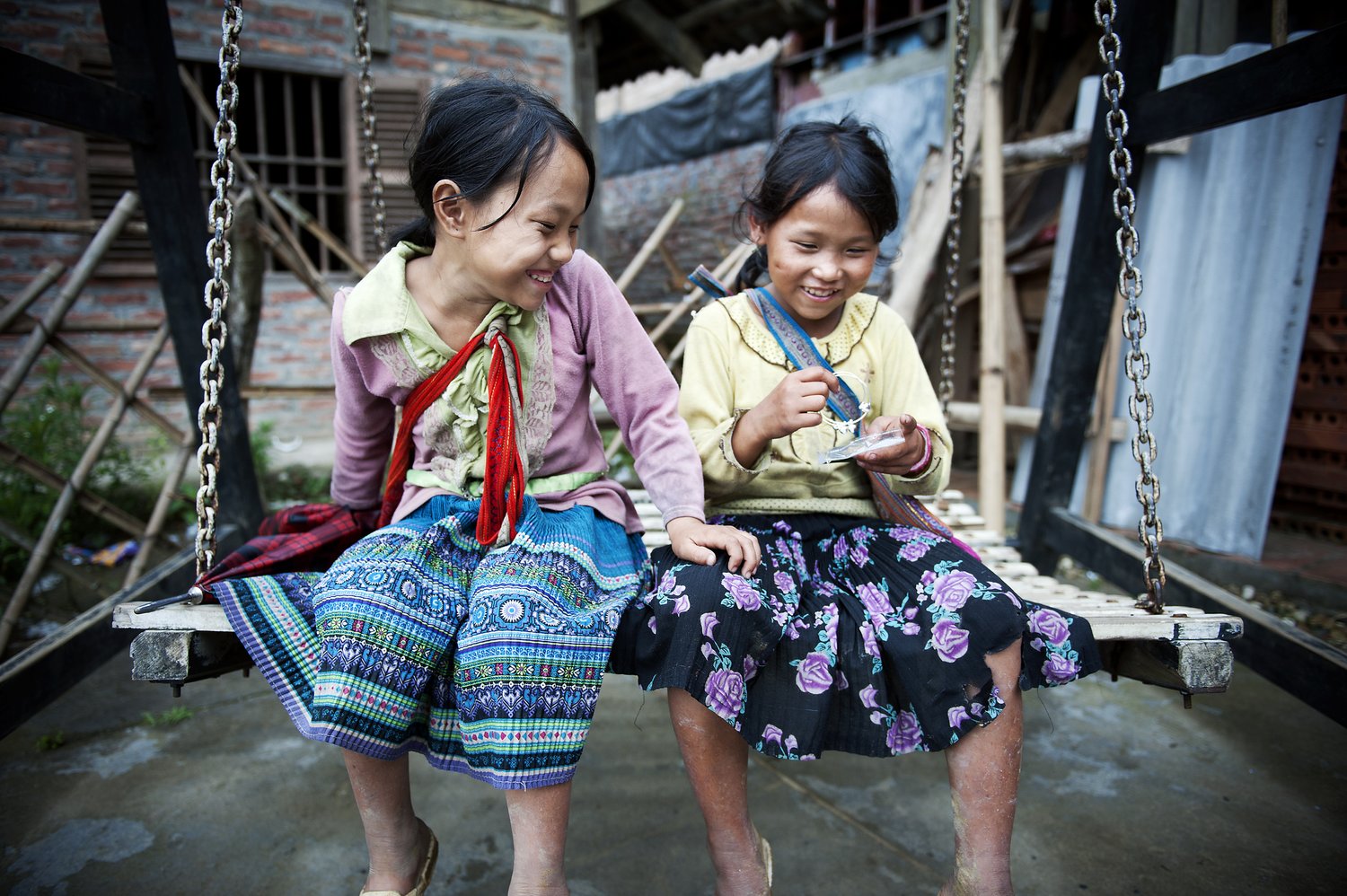
Since 2002, FFI has partnered with 30+ countries to fortify grains
In that time, FFI’s work has made a positive impact on millions of lives by addressing the pressing burden of micronutrient deficiencies and their life-altering consequences, such as birth defects of the brain and spine. By engaging with public, private, and civic partners, FFI has helped countries around the world establish sustainable fortification programs that will improve lives for years to come.
To celebrate its twentieth birthday, in October 2022, FFI honored 20 Fortification Champions, individuals from various sectors and parts of the world that have been game-changing advocates for food fortification. The 2022 FFI Fortification Champions represent the partnerships and tireless efforts that have helped approximately 55 countries adopt mandatory cereal grain fortification legislation between 2002 and 2022.
Twenty years of milestones
2002: At the Policy Planning Forum meeting in Mauritius, FFI is founded to coordinate global flour fortification efforts.
2006: WHO and FAO issue the first guidelines on food fortification from a public health perspective.
2009: WHO releases the first guidelines for wheat and maize flour fortification including nutrient levels and compound selection.
2014: FFI changes its name from Flour Fortification Initiative to Food Fortification Initiative to include rice fortification.
2016: WHO releases updated maize flour fortification guidelines.
2017: The Global Fortification Data Exchange (GFDx) is launched to support data-driven policy.
2018: WHO releases updated rice fortification guidelines.
2022: WHO releases updated wheat flour fortification guidelines with gender, equity, and human rights approaches.
“Empowering communities and individuals is a key component of food fortification as a public health strategy. It is important to address any perceived barriers to the fortification program and discuss it with local opinion leaders.”
FFI fortification champions
Nominated by their peers, the 2022 FFI Fortification Champions were selected based on their dedicated efforts to advance food fortification and save lives. FFI sat down with each champion to learn about their experiences supporting or implementing fortification programs, the challenges and triumphs of their work, and the role of fortification in their respective regions or countries.
Dr. Nelly Zavaleta, Senior Investigator at Instituto de Investigación Nutricional in Peru, shared: “Working in nutrition gives you the opportunity to be a servant for your country, and to make a contribution for the development of society. If you have a dream and you want to make a difference, nutrition gives you this opportunity.”
Councilor Lyall Thurston of Bay of Plenty, New Zealand, was motivated by his son born with spina bifida. He led efforts to advocate for mandatory wheat flour fortification in New Zealand: “The New Zealand campaign was a long, protracted, collective effort which drew on support, relentless encouragement, and endless optimism from some of the greatest child health advocates, communicators, researchers, and members of medical and disability organizations worldwide.”
Fortification Champion Dr. Rajesh Mehta summarized: “We have to convince people that food fortification is a good public health strategy… and we should also be prepared to sustain support for countries to build and implement good quality food fortification programs.”
“To continue strengthening fortification efforts there needs to be a meeting of minds, including academic, policymakers, and food manufacturers.”
Celebrating accomplishments, committing to the future
Over the past 20 years, FFI has built strong partnerships with government officials, food producers, civic organizations, researchers, NGOs, and others passionate about addressing micronutrient deficiencies. Even during its early years, champions from various sectors were instrumental in advancing food fortification efforts globally.
As of July 2022, 92 countries have legislation to mandate fortification of at least one industrially milled cereal grain. In 2002, only 38 countries mandated fortification of wheat flour, maize flour, or rice.



